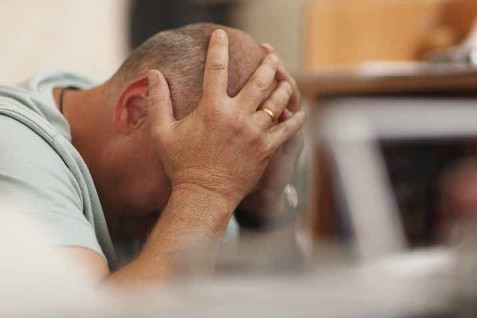Take Time to Consider
With more than three million people in Australia experiencing depression, anxiety or related substance-use disorders every year, chances are you or a workmate are struggling with it.
Everyone has bad days at work and may experience a low mood from time to time, perhaps withdrawing from their usual activities. However if these behaviours persist for more than two weeks, combined with other symptoms that are out of character, it could be depression.
A colleague struggling with depression may complain of lack of sleep, become unproductive and irritable or find it hard to accept constructive criticism.
Signs of Depression
Signs of depression include:
- finding it difficult to concentrate on tasks
- turning up to work late
- feeling tired and fatigued
- being unusually tearful or emotional
- getting angry easily with tasks or people
- finding in difficult to meet reasonable deadlines
- finding it hard to accept constructive and well-delivered feedback
- having difficulty managing multiple tasks or demands
- being vulnerable to stress and anxiety
- drinking alcohol and using drugs to cope
- having loss of confidence and negative thought patterns
- appearing restless, tense and on edge
- avoiding certain workplace activities such as staff meetings
- becoming overwhelmed or upset easily
- finding in hard to make decisions
- being constantly worried and apprehensive
How Can You Help?
If a colleague has such feelings and they persist for over a two week period, and they interfere with his ability to manage at home and at work, then he might need help. Having one or other of these features, by themselves, is unlikely to indicate depression, however there could be other causes which may warrant medical assessment.
If you believe someone at work may be suffering from depression or if you are worried about a workmate, please contact your Human Resources team for a confidential discussion.
For More Information
For more information on depression, anxiety and related disorders visit www.beyondblue.org.au or call the information line 1300 22 4636 (local call from a landline).

